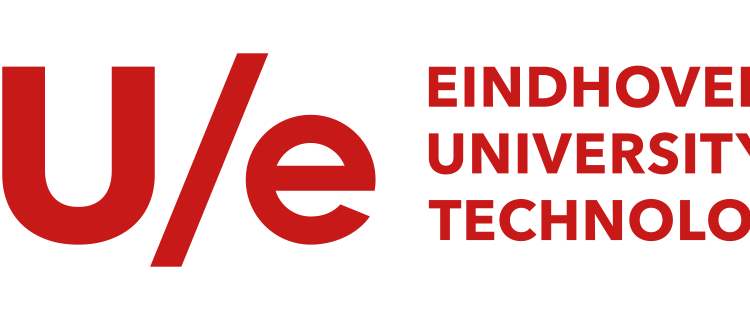Eindhoven University of Technology: Zero Emission Laboratory open to investigate zero-impact internal combustion engines
Great news for the Eindhoven University of Technology and the world: the recently renovated Zero Emission Lab (ZELab) offers new possibilities for the development of climate-neutral and future-proof mobility for people and goods by 2050. With that mission in mind, the ZELab was officially opened in September. A panel of guest speakers from industry discussed the aim and distinctive value of the lab, after which lab managers Bart Somers and Noud Maes – digitally – cut the ribbon.
“A unique and striking goal.” That’s how the host, Barry Fitzgerald, referred to ZELab’s goal of zero-impact internal combustion engines during the opening of the official launch event for ZELab at the equally unique setting, the Kazerne in Eindhoven.
The ZELab is an internationally leading lab that aims to investigate zero-impact internal combustion engines (ICEs), and contains 8 engine test-cells and state-of-the-art experimental set-ups. Though it is part of the research group Power & Flow (from the department of Mechanical Engineering), researchers from various TU/e departments collaborate on an advanced and inherently clean engine operated on a sustainable fuel as an answer to two important policy drivers: no impact on local or on global GHG emissions.
The indispensable internal combustion engine
With the world needing to decrease its dependence on fossil fuels, it could be assumed that this would also mean the end for the internal combustion engine, a mainstay for transportation for more than 100 years. But from the first interactive Mentimeter question of the opening, it was clear that this opinion was not shared by the ZELab and the attendees.
In fact, in the foreseeable future, internal combustion engines will remain the dominant option for heavy duty transport, given that electrification is simply not yet an option for long-haul vehicles such as ships or trucks. Therefore, the combination of ultra-efficient ICEs and renewable fuels is key to accelerating the reduction of greenhouse gas emissions, which is exactly the main focus of the ZELab.
To establish this vision, to plan ahead, and to pave the road towards that future, partnering up with industrial partners (such as the ones currently involved, like DAF and Shell), fellow researchers (from TNO, Ghent University, and Lund University), and many more industrial and academic partners is crucial.
Panel discussion
For the opening of ZELab, some of those partners were invited to take part in a panel discussion. Peter Hendriksen (Director of Operations Traffic & Transport at TNO), Svetlana van Bavel (Senior Process Engineer Technology and Energy at Shell), Ralph Kwakernaak (Engineering Manager Global Engine Development at DAF Trucks NV), and Loes Knotter senior project manager at Platform Hernieuwbare Brandstoffen (renewable fuels), made up the panel.
The first question for the panel focused on what ZELab offers, and how the goals of ZELab align with those of the board and investors. Hendriksen acknowledged the “joint ecosystem of the lab”, while other panel members highlighted the promise of “one lab to investigate what the future could bring us.”
Share knowledge, experiences, and facilities
Thereafter, the panel considered the ZELab’s added value for the Netherlands and the world. According to Van Bavel and Knotter, there isn’t a single answer to this question, as they pointed out the lab looks set to deliver a number of options and solutions that could impact future engines and fuels in the heavy-duty transport industry.
In addition, the panel highlighted the importance of collaboration between those involved in the ZELab. Ralph Kwakernaak described it as “a smart opportunity to share knowledge, experiences and facilities”, while Loes Knotter noted that “we should also look at the most cost-effective combination for society, something that is missed in current developments.”
Open for business
During the opening, two videos were also featured, with the first motivating the ZELab and the second focusing on an EU Horizon 2020-funded project on a so-called Smart Combined Heat and Power system that uses 2nd generation biofuels.
The second video provided an excellent bridge to the final panel question in relation to the most promising fuel for the future. After van Bavel, Knotter, and Kwakernaak all gave contrasting fuel options, Hendriksen noted that it “depends on the application, and that you cannot bet on just one option.”
From this statement, it seems that the ZELab has a lot of hard work ahead. And this is something that TU/e’s Bart Somers, lead scientist at the ZELab, acknowledged in his official ZELab opening speech as a great challenge, and one that the ZELab is relishing.
It’s a good thing then that the ZELab is officially “open for business”, as announced by Somers. Let’s see what marvelous innovations the lab creates in terms of zero-emission engines and advanced renewable fuels.

